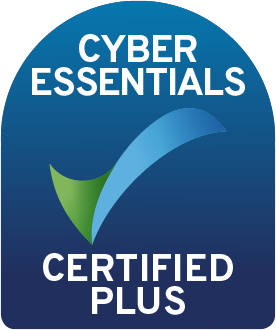

Japanese encephalitis (JE) is a viral infection that affects the brain. It is caused by the Japanese encephalitis virus, which is a flavivirus transmitted primarily by mosquitoes, particularly those of the Culex species.
Smarta Healthcare offers Japanese Encephalitis vaccinations for patients in and around Bedford, Milton Keynes, Luton, Letchworth, Biggleswade, St Neots, Cambridge, Sandy, Hitchin and Huntingdon, or further afield.
Book an AskMyPharmacist travel health consultation today.
The Japanese Encephalitis vaccination costs £95 per dose and 2 doses are required. Discounts are available for families, groups and students.
If you have any questions about required or recommended travel vaccinations, book an AskMyPharmacist travel health consultation at least 4 weeks before your departure date to make sure you’re ready for your trip.
Japanese encephalitis is primarily found in rural and agricultural areas of Asia and the Western Pacific. The risk of contracting Japanese encephalitis varies by country and region. Some of the countries where Japanese encephalitis is endemic or has been reported include:
Southeast Asia: Cambodia, Laos, Myanmar (Burma), Thailand, Vietnam
South Asia: India, Bangladesh, Nepal, Sri Lanka
East Asia: China, Japan, South Korea, Taiwan
Oceania: Papua New Guinea
The Japanese Encephalitis vaccine is usually given in two doses 4 weeks apart. An initial booster doses are recommended for people that may be exposed to the virus between 1 and 2 years following the initial course. A second booster dose can be given after 10 years.
Symptoms of Japanese encephalitis can range from mild to severe, and in some cases, the infection can be fatal. Most individuals infected with the virus do not develop any symptoms, while others may experience mild symptoms such as fever and headache. In severe cases, symptoms may include high fever, neck stiffness, disorientation, coma, seizures, and paralysis.
If someone is suspected of having Japanese encephalitis, seek medical attention and let the healthcare professional know about any recent travel.
Vaccination is a very important preventive measure against Japanese Encephalitis. It’s also important to avoid getting bitten by insects as much as possible. This includes:
- Wearing loose clothing with long sleeves and trousers when possible.
- Regularly applying a good quality insect repellent on exposed skin, especially during sunrise and sunset hours. If you are using repellent with sunscreen, apply it last.
- Using mosquito nets with insecticide to protect you in bed at night.

Select your destination
Use the tool below to find the recommended vaccinations for your travel destination. Select the continent or the country from the drop down menu. You can then book your appointment at our Smarta Healthcare Clinic.









































































































